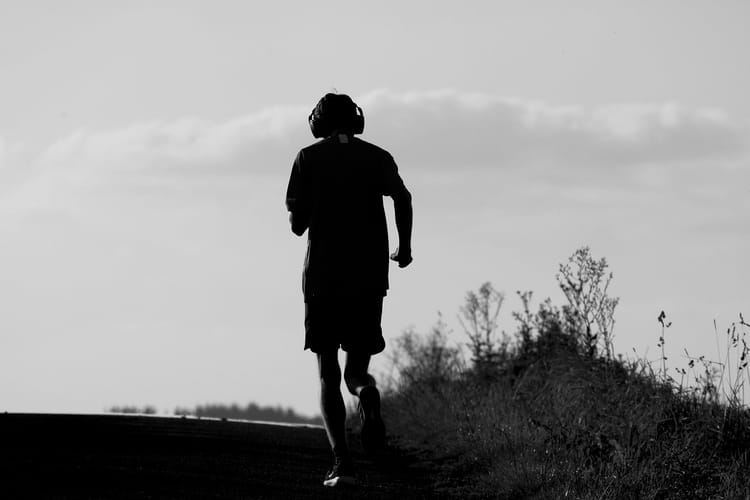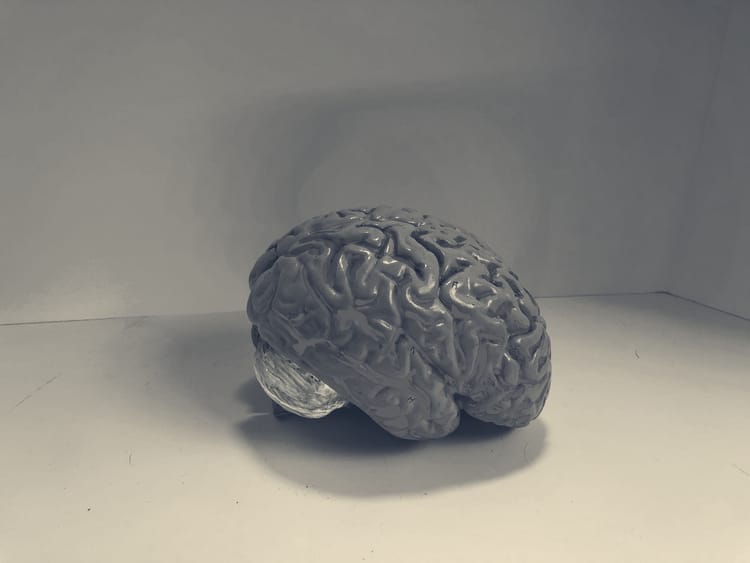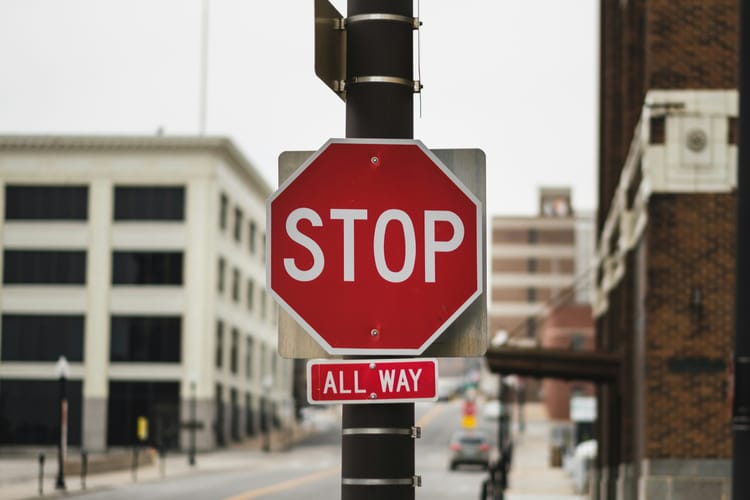Everything Is Hard

A thought has been on my mind for a while, and I'd like to try and understand it better, so I’m going to write about it.
People often make decisions based on their level of difficulty, but if success was promised, everyone would work diligently for it.
What I have come to realise though, is quite literally everything in life is hard. We only get to choose which hard to go for.
- Starting your own business is hard, but so is working a 9-5
- Working for yourself is hard, but so is working for someone else
- Eating healthy is hard, but so is not eating healthy
- Exercising is hard, but so is not exercising
- Dedicating your life to the pursuit of something is hard, but so is denying yourself the opportunity to live a much more fulfilled life
Even the seemingly easiest things in the world are hard. Laying in bed, eating chocolate, and watching Netflix is the easiest thing in the world right? If we're talking about doing it once, then yes sure. But consistently doing it for a long time? Not so much.
People choose to not do something, because of how hard it is to do, without realising they are actively choosing to do something that is just as hard.
So what makes us choose?
There are a couple of things at play.
When Will This Affect You?

One thing that makes us decide is how immediate the negative effects are.
Eating unhealthy won’t affect us straight away, but eventually, we will feel and look terrible.
Not starting a business, although deep down we would love to, won’t negatively affect us for a very long time, but eventually, we will look back and live in a state of regret and misery.
The problem is, we constantly look for instantaneous outcomes, but if we were able to expand our vision and think long-term, the correct decision would be crystal clear.
Tribal instinct:
Humans have a deep-rooted need to fit in which stems from us needing to be a part of a tribe to survive.
Although it’s no longer following our pack into a cave, we are still heavily influenced by the ones around us. When we do anything, we are constantly figuring out whether or not it’s socially acceptable.
We do this when deciding what to wear, what to do, who to like, what to enjoy, and so much more.
But we also do it when deciding whether or not we’re going to chase our dreams.
As hardly anyone is doing it, it makes us question it, which leads to coming up with some excellent reasons why it is a terrible idea.
But what about deciding to buy a house, fall in love, and have a baby? These are all examples of extremely difficult things, sometimes we have no idea how we are going to handle them. Yet we find ourselves doing them anyway, because everyone else is.
But just imagine for a second these things were just as uncommon as pursuing our biggest desires, I bet we’d also be able to come up with some pretty good reasons why these are terrible ideas too…
The Hedonic Treadmill
“The hedonic treadmill, also known as hedonic adaptation, is the observed tendency of humans to quickly return to a relatively stable level of happiness despite major positive or negative events or life changes”.
You have probably experienced this yourself, maybe you were extremely excited about something new, but upon obtaining it, a realisation of a lack of meaningful change occurs.
A great example would be getting a new car, it’s great for a short while, but you very quickly get used to it.
I would, however, like to focus on the opposite side of this tendency, which getting used to the negative stuff.
An extreme example of this would be something like World War 1 and 2, people went straight from living normal lives to seeing enough death and gore to last a lifetime. The first time they saw someone die, or even shot someone else, it was hard, to say the least, but it very quickly became something they were able to experience without batting an eyelid.
When we are faced with taking action, we debate whether the friction of doing the thing is worth putting oneself through.
What we fail to understand, however, is we are making this decision based on who we are now, and how much exposure we have already had to said difficulty. We don’t realise that that level of difficulty will only be felt initially, and soon, it wouldn’t even be felt at all.
Your Next Move:

The next time you’re faced with a big decision, especially if it’s a decision about what you want to do with your life. Just ask yourself these questions:
- Which decision will impact me the most long term?
2. How much of this decision is based on how socially acceptable it is?
3. How quickly would I be able to get used to the level of difficulty it requires?






Member discussion